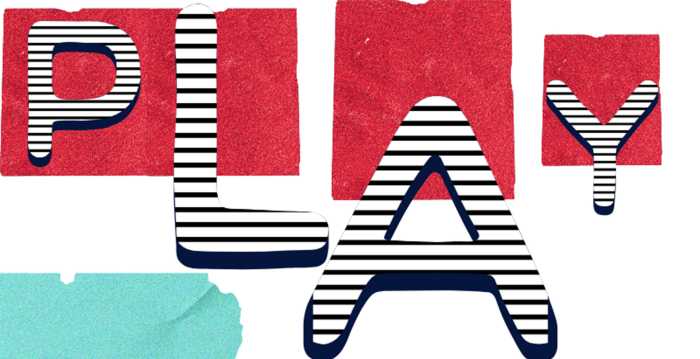
Greenpoint
Dec. 20, 2017 By Nathaly Pesantez
A bill that aimed to cap the amount of garbage processed in North Brooklyn and other areas overburdened by waste transfer stations failed to go to the City Council for a vote this week.
The bill, titled Intro. 495 and commonly referred to as the waste equity bill, pushed for a reduction in pollution and garbage truck traffic in neighborhoods like Greenpoint and Williamsburg, and in parts of the Bronx and Queens.
These areas were singled out in the bill for holding large percentages of the city’s waste transfer stations. The 15 transfer stations in Community Board 1 in Brooklyn, for example, process nearly 40 percent of all the garbage produced in the city.
The waste equity bill was thought to finally pass the city council this year after being on the table since 2014, and even received the support of Mayor Bill de Blasio over the summer, who said he would not stand it its way.
But legislators failed to reach a deal that would have brought the bill to a vote on Monday afternoon, according to City & State, leaving it behind in a week where nearly 40 bills were slated to pass.
Councilmember I. Daneek Miller (D-Jamaica), who represents one of the overburdened areas in the bill, rescinded his support for it, causing the bill to collapse. The reasons for his last-minute decision are unclear.
The news of Miller’s withdrawal from the bill shocked environmentalist and waste equity advocates, as Miller had been a staunch supporter of the legislation since it was introduced in 2014.
“Because Council Member Miller had been vocally supportive of the bill, his community remained confident that he would continue to push for it and to improve their quality of life,” reads a joint press release from Cleanup North Brooklyn, the National Resources Defense Council and other community groups. “Miller’s change of position, with no explanation, has left many members of environmental justice communities with questions, frustration, and anger.”
Eddie Bautista, executive director of the NYC Environmental Justice Alliance, suggested that the bill was stalled because of questions over waste transfer station profitability.
“The fact that some Queens and Bronx elected officials apparently care more about the profits of transfer station owners than the public health of their own constituents is a recent and troubling trend for disproportionately burdened communities of color,” Bautista said in the joint statement.
But Councilmember Antonio Reynoso (D-Williamsburg), one of the bill’s chief sponsors, quickly moved to take the blame off Miller, reminding the community groups of his work on the bill over the years.
“@IDaneekMiller did not kill this bill,” Reynoso tweeted yesterday. “It is way more complicated and nuanced than that. The advocates should take a step back and note he was one of the strongest advocates for waste equity in the NYC Council over the last 4 years.”
Miller released a statement shortly after news broke of his role in the bill’s stalling, and said he remains committed to passing waste equity legislation.
“I will continue to work with my colleagues, including our newly elected members, to see thoughtful and intelligent legislation come to fruition, and for anyone to suggest otherwise is disingenuous,” he said.
Reynoso tweeted that he would be pushing a North Brooklyn version of the bill next year.
The primary goal of the waste equity bill, especially for North Brooklyn, was to decrease the amount of diesel-powered truck traffic on the streets, which are linked to higher levels of asthma and other adverse health effects in the zone.
Removing garbage trucks could also potentially lower the number of traffic accidents in North Brooklyn, an ongoing concern for the area, especially after the death of Neftaly Ramirez, who was struck and killed by a garbage truck in Greenpoint over the summer.






